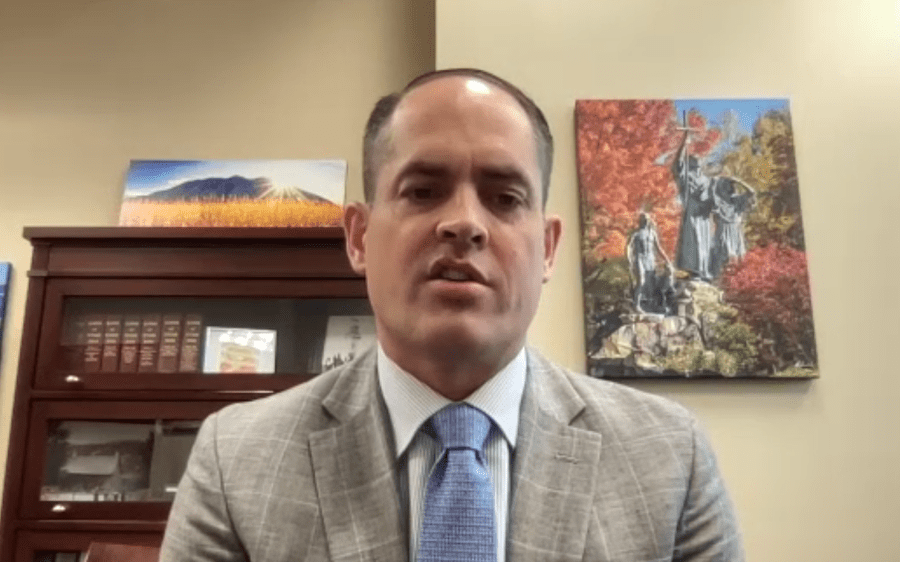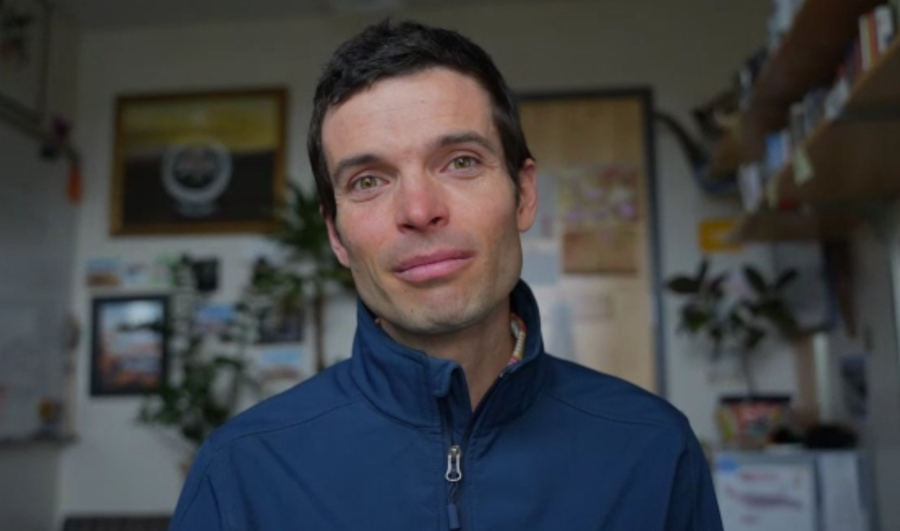Bill linked to controversial Utah Lake islands project on track to be repealed

- Oops!Something went wrong.Please try again later.
SALT LAKE CITY (ABC4) — Utah lawmakers are getting behind a bill that would repeal a 2018 law that opened the door for a controversial proposal to build man-made islands for housing developments on Utah Lake, a body of water near Provo that’s in the midst of a long recovery process.
On Wednesday, the Utah Senate unanimously passed Senate Bill 242, known as “Utah Lake Modifications.” The bill’s sponsor, Sen. Mike McKell (R-Spanish Fork) was also the author of the 2018 bill, the Utah Lake Restorations Act, which set the stage for a private company to attempt to dredge and build islands on Utah Lake.
The project prompted protests and lawsuits, and shovels never got into the ground, although critics say the whole drama ended up damaging public trust.
‘We made the wrong call’: Cache County School District scrutinized over snow day no-call
“I think there’s been a lot of problems over the last few years that were created with the legislation that I ran,” McKell told ABC4. “It was never my intention to create controversy, but there’s certainly been controversy. At this point, for me, my preference is: Let’s start over … and take a deeper look.”

The new bill would simply repeal the language of the Utah Lake Restorations Act, which McKell said was broader than the islands project. The 2018 bill allowed the state, which owns the lakebed, to sell sovereign land for significant development projects that would help restore the lake, as long as certain conditions were met.
“[SB 242] is just a straight up repeal of that language,” McKell said. “We’ve had some legal opinions that have suggested we cannot transfer sovereign land. At this point, it’s better just to repeal the language. Utah Lake is still an issue in Utah County, it needs some help. This will give it a fresh start, a clean canvas.”
‘Not a restoration project’
Ben Abbott, an associate professor of environmental science and sustainability at Brigham Young University, was one of the academics who spoke out against the islands project, which was pushed by the now-dissolved company Lake Restoration Solutions.
“The whole project was based on false premises,” Abbott told ABC4. “They were proposing to completely re-engineer the lake, to make it much deeper and split it into multiple basins … This was not a restoration project, ever, it always was a development project.”
Lake Restoration Solutions’ plan was expected to cost billions of dollars and take 15 years to complete, and it was presented to state leaders as a way to help shore up some of the lake’s environmental issues, with dredging addressing annual water loss and also curbing the growth of toxic algal blooms.

But Abbot said the project would have likely made the algal blooms worse, due to unintended consequences from deepening the lake and having hundreds of thousands of more people living in the ecology-sensitive area.
“I’m just so grateful that the project failed when it did, because if it had failed a few years from now, we could have ended up in a situation where there’s a multi-billion environmental cleanup to be done in the lake, with half-built islands or even families and communities that were endangered by poor engineering,” he said.
A change of mind?
McKell said his thinking on the issue has been the same all along. The senator wants to know: How do we improve Utah Lake?
He noted that while the bill he’s running will only undo old language, there is currently funding in place for ongoing efforts to repair the lake’s shoreline, remove invasive species, and improve the lake’s water quality.
According to Abbot, Utah Lake is currently on a recovery trajectory. He added that the soon-to-be-completed Utah Lake Water Quality Study will provide a roadmap as to how to move forward in improving the lake’s water quality and public access.
The professor also said that McKell and the bill’s floor sponsor, Rep. Brady Brammer (R-Pleasant Grove), are showing leadership by cleaning up the mess they contributed to.
“I think it’s absolutely the right thing to do to repeal this law,” Abbot said. “As long as it’s there, there’d always be a risk of somebody bringing the next islands proposal.”
HB242 was sent to the House on Wednesday. According to McKell, he hasn’t heard any opposition to the bill and expects it to pass the legislature without a problem.
For the latest news, weather, sports, and streaming video, head to ABC4 Utah.

